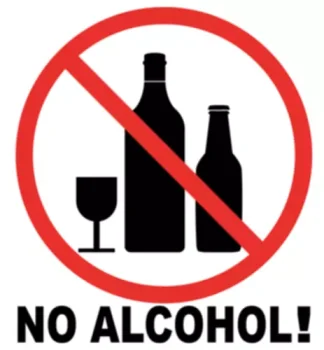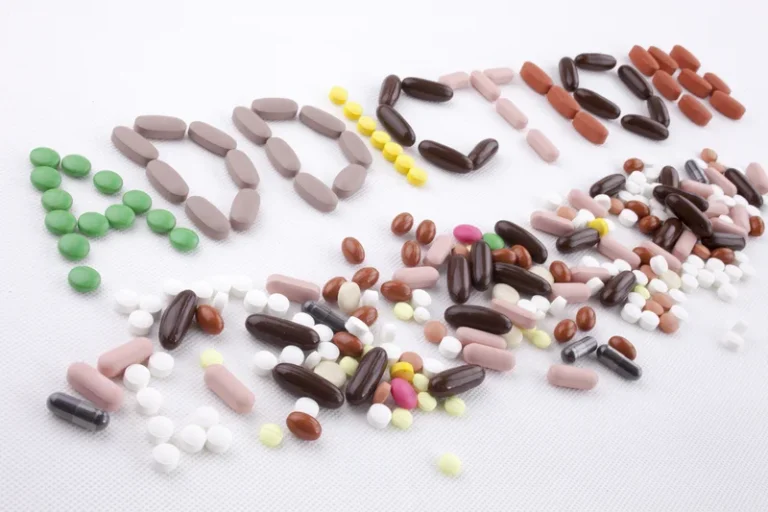
Drug use can lead to addiction, health problems, and a host of other adverse outcomes. By reminding yourself of the potential risks and consequences, you can better resist the temptation. Additionally, you can seek out support from friends and family, or professional help if needed. Finding healthy alternatives to drug use such as exercise, hobbies, or other activities can also help you resist the temptation. Managing external triggers is an indispensable part of relapse prevention.
- For example, if you are someone prone to dwell on stressors, these feelings can manifest in muscle pain, heart strain, and other physical complications.
- In contrast, when they increased the corticosterone levels, unstressed rats showed relapse behaviors when triggered.
- They can also build up their coping skills to help them better handle difficult situations.
- In addition, exercise can help your body begin recovering from the negative physical effects of prolonged substance use.
How to Cope With Triggers
- People closest to the individual may set off cravings that eventually lead to a relapse.
- A 12-step program can be incredibly effective in maintaining sobriety.
- Our ability to overcome and stay focused minimizes the impact these triggers can have.
- In early recovery, it is essential to stay distant from old friends you knew while using.
Whether your triggers are emotional distress or a specific situation, it is essential that you know what compels you to use when trying to lead a life of sobriety. Understanding what triggers you to relapse and having external triggers a plan in place for these triggers are your first steps toward prevention. For example, you might inadvertently come into contact with a news story or conversation that reminds you of your traumatic event.
- Internal triggers are emotions, feelings, thoughts, and memories that make the person want to use alcohol or drugs.
- You don’t ever want to put yourself in this type of experience alone, especially without having tools or strategies for overcoming the way triggers make you feel.
- At the Massachusetts Center for Addiction, we provide personalized, comprehensive treatment programs.
Top 10 Common Relapse Triggers
The trigger itself can range from smells and sounds to seeing people make sudden movements, running into someone who reminds you of past trauma, or more. Exercise can serve as a healthy outlet for the emotions that often arise from cravings and other triggers. Working out can also add structure to your day, giving you something to look forward to. In addition, exercise can help your body begin recovering from the negative physical effects of prolonged substance use. Exercise is a great way to practice focusing on the task at hand, and you’ll feel good for hours afterward. Psychologically speaking, triggers are any sort of stimulus that can cause the urge to use a substance to resurface.

What Are Withdrawal Symptoms and How to Manage Them
These events can be internal, like feelings or thoughts, or external. A way to manage these external triggers is to have a support system of friends and family members who are encouraging and help you address challenges that come your way. When stressed and not letting out your bottled up emotions, this can develop many different mental health issues. Bottling up emotions is usually a sign that your worried people will see through your happy and carefree exterior. Keeping up with this persona will lead to stress and anxiety, which could eventually lead to abusing again.
Some people won’t understand the importance of living sober, regardless. In early recovery, it is essential to stay distant from old friends you knew while using. Use the time away to reflect on who in the crowd you hang out with is a friend or somebody you like to party together. While getting back to seeing old friends, focus who is a real friend and will support you during the transition.

Find Substance Use Disorder Treatment Today
The stressed rats’ responses to the trigger mirrored those of people during relapse. It’s important for people in recovery to be aware of the internal triggers they struggle with the most and have a plan in place to seek support when needed. Life goes on, and you will eventually find yourself in the presence of an external trigger, plus you have internal triggers. Addiction is a chronic brain disease with high relapse rates, though they are similar to other chronic diseases like diabetes and hypertension. Using drugs or alcohol over a long period builds associations between your daily routine and your experiences. Your brain is still healing, but certain cues can activate cravings.

A trigger is social, psychological, and emotional situations and events that compel an addicted person to seek their substance of choice, eventually leading them to relapse. When an addicted person uses drugs or alcohol for a prolonged period of time, it changes the brain—eventually associating certain stimuli with the desire to drink or do drugs. If you are in recovery and feeling challenged by triggers, know that you are not alone. Many people in recovery from substance use disorder learn the tools to manage stressful triggers and go on to lead balanced, fulfilling lives. External triggers are factors outside of an individual that may provoke a craving or desire to return to substance use. These triggers can be diverse and vary greatly from person to person.
Start your recovery with Massachusetts Center for Addiction
A therapist can help you identify triggers and walk you through various methods that can help you overcome those triggers. Practices like cognitive behavioral therapy, for example, enable you to rebuild the brain pathways and negative thoughts that lead from triggers to unhealthy responses. Internal triggers, deeply intertwined with emotions and thoughts, play a crucial role in the process of recovery and the risk of relapse. These triggers often originate from within the individual and are closely related to their emotional state. Understanding and managing these triggers can significantly improve an individual’s recovery journey.

The earlier people in recovery can identify and successfully respond to triggers, the greater their chances of prolonged abstinence. During therapy for people experiencing emotional relapse, patients are encouraged to identify their denial and focus on self-care. Researchers deduced that the amygdala played an important role in producing focused and exclusive desire, similar to drug addiction.

Recent Comments